-
Why You May Feel Like, "I dont know who I am"
- A major event that shifted your perspective
- You are seeking a spiritual connection
- You are breaking free from societal classifications
- You are pondering the meaning of life
- You are dealing with childhood trauma
- Your actions don’t align with your identity
- Your Thoughts Have Turned Negative or Toxic
- You are Lost in Daily Chores
- Change is hard for you
- What to do when you are going through an identity crisis
“I don’t know who I am”, Why You May Feel That Way
Loss of identity and self can manifest in many ways throughout our lifetime. Here is why it happens and what you can do about it.

If you are feeling like you do not know who you really are, it is okay. All of us feel that way at some point in our life. Many questions arise. What is happening to me? Will I be okay? The important thing to remember as you are going through this phase is that you are growing.
When you begin to question your sense of self, it means that you have discovered that there is more to life than you originally imagined. You don't want to live by someone else's standards anymore. This is something every human being on this planet can relate to and it can make you feel lost at times. This identity crisis is just a way for you to rediscover your purpose and shift your perspective on life.
There may be several obvious or underlying triggers that may make you feel like you do not know who you really are.
Why You May Feel Like, "I dont know who I am"
Feeling like "I dont know who I am" can disconnect us from our own identity. No amount of self care and self-discovery is seemingly enough. In many ways, this is a search for our true selves and understanding what it truly means to live our own life and be our own person.
A major event that shifted your perspective
If you recently experienced a life-altering event that was sudden and unexpected, you may find yourself wondering who you really are. Loss of a spouse, parent, child, or sibling at any age, divorce, traumatic accident, physical disabilities, or other shocking news about your health can throw a wrench in your identity and lifestyle.
Certain lifestyle changes that may not be as traumatic but are also significant can have the same effect. It tends to shift our core values or core beliefs. The solid sense of who we suddenly do not seem very solid anymore. For instance, you may experience this shift in core beliefs when you quit smoking or drinking, change your job or profession, move to a new country, or get married in a different culture, etc.
For instance, quitting a high-profile job at a reputable brand (which was all-consuming and a big part of your life) and moving to a more low-profile job for a better work-life balance may throw you off a little. That job was such a big part of your life and your personality that you may begin to question who you truly are.
You are seeking a spiritual connection
Spirituality and religion have been a large part of our lives for centuries. When life throws us curveballs, humankind has turned to religion and spirituality for support and comfort. While we want to believe in cause and effect / 1+1=2 kind of a logical world, the reality is simply not so.
There is an X-factor, a 6th dimension to life that we don’t fully understand. The only way we know how to access it is via spirituality. When we lack a spiritual connection, we also lack a deeper connection with a part of ourselves. In some ways, we are unable to access that part of ourselves, which leads to a fractured identity.
Michael Bernard Beckwith’s four stages of consciousness and spiritual growth explained.
lifeism.coYou are breaking free from societal classifications
We are all a work in progress. A masterpiece in the making. As we go through life, we realize that many of our thoughts, ideas, and preferences are not our own. They were either borrowed for convenience, forced down our throats, picked up subconsciously, or were just something we needed to do to survive a certain situation.
When we become aware of who we want to become, and the freedom to become that person is available to us as a choice, it suddenly takes precedence over everything else. In moments like these, we often start questioning who we are. While we may have been a certain kind of person all our lives, this sudden urge to not be defined by society can often surprise us.
If you’ve been afraid of judgment or struggled to express yourself, read these Audre Lorde quotes and poems. Take a braving step to be authentically you.
lifeism.coThis distortion often becomes overwhelming when the people around us expect us to be someone we are not anymore. Especially when it involves our family members, friends, partners, and loved ones. This creates a rift within us because our expectations are quite different from our reality, and we don’t really know how to truly be ourselves without hurting the people we love.
You are pondering the meaning of life
If you’ve been asking yourself existential questions, you may also be telling yourself, “I don’t know who I am” as a result. When you are questioning existence itself, and the meaning of life, the self becomes less important. When you are looking at the universe, everything else starts fading. The importance you were giving yourself suddenly seems silly and the way you used to define yourself may change unexpectedly.
What is the meaning of life? We’ve all asked this question at some point in our lives. In this post, we explore a possible answer to this deep question.
lifeism.coThis is especially true if you’ve discovered your true calling. The purpose of your life. While this has happened to many self-help coaches in significant ways, this calling may also be something simple. The decision to care for a sick child, parent, or partner. Adopting a child in need. Quitting a well-paying job to work for a non-profit.
You are dealing with childhood trauma
Our childhood experiences define us in many ways. They sometimes affect us negatively. If we are lucky, we learn a lesson early on and are able to turn around our lives and live in grace and gratitude. Either way, our childhood experiences shaped us into who we are today.
When we go through a difficult childhood, we often carry that pain and hurt with us through our lives. When we face experiences like our childhood, it unearths deep wounds within us, leading us to question ourselves.
Many times, our traumatic childhood experiences get in the way of our adulthood. Here are some tips to heal childhood trauma.
lifeism.coYour actions don’t align with your identity
When we cannot reconcile the differences between our consciousness and our actions it causes a rift within us. It feels like we are not our true selves. We don't experience that solid sense of who we are anymore. When our thoughts and actions are not aligned, we often pay the price of a distorted identity.
Lying to someone (sometimes ourselves), hiding something from the people we love, cheating, breaking promises, and wishing bad for someone can all lead us to think that we don’t know who we really are.
Your Thoughts Have Turned Negative or Toxic
Take a hard look at your thoughts. Spend some time being honest with yourself and evaluate if your thoughts have turned negative and toxic. If you are thinking mostly negative thoughts, this can potentially lead to a fractured identity.
Lying to someone (sometimes ourselves), hiding something from the people we love, cheating, breaking promises, and wishing bad for someone can all lead us to think that we don’t know who we really are.
If you are thinking negatively constantly, we strongly recommend seeing a therapist who can help you through this. Toxic thoughts are often a result of a much deeper trauma that is impossible to solve by yourself.
Unlock your true potential and embrace change with ease with these full moon affirmations.
lifeism.coYou are Lost in Daily Chores
There are times in our lives when we get so busy that a year flies by. We have neverending to-do list tasks and overflowing chores waiting for us when we get back home from work. Many of us work 2 jobs to make ends meet. When we live on our toes and we wake up in the morning knowing that we are already behind, it takes a toll on us. We don't even get a second to think or evaluate our decisions and we run on autopilot to get things done. We have no time to really think about our lives and what we want from it. We don't plan our future but rather we let us happen to us.
Change is hard for you
If you have been resisting change in life, it can lead to questions about your identity. If we listen carefully when we are resisting change, we often hear our self-talk repeatedly say, “I don’t know who I really am”. Change tends to shake our sense of self. The same core beliefs that we once held so proudly are knocked down in a rude awakening.
Tips to build resilience and strength during tough times. Remember, tough times don’t last but tough people do.
lifeism.coBut the reality is, what we resist often persists. When this tension of resistance and persistence prolongs, we feel our sense of self eroding, slowly. Change happens anyway. It may not be external (the thing we are resisting) but it will be internal. When we resist change, we are pushing back against the force of the universe. This force can certainly make us question who we truly are.
What to do when you are going through an identity crisis
What to do if you are questioning who you really are and are unable to find your true self? Following tips will give you a headstart:
Get help
Facing an identity crisis can put a damper on everything in your life. Solving an issue, you are experiencing within yourself is hard. We recommend seeing a therapist who can guide you through the questions about your identity and give you informed professional advice. You can look for help in person as well as online if you are not sure what to expect.
If you experience any resistance to this idea remember that your mental health is important and so is your well-being. Seeking professional advice will create a healthy environment within yourself, help you reconnect with your sense of self, inculcate healthy relationships, identify negative personality traits, reconcile life experiences, and help you in moving forward with life.
If, on the other hand, you are seeking to be at your peak potential and are leaning towards personal growth, we suggest hiring a good personal coach. They can help you with the right tools to start making decisions that are in alignment with your true self.
Take a Break
If you've lost touch with your sense of self, its time to take a break from it all. While a complete break for a few days may not be possible, try to take shorter breaks in chunks of 1.5 to 2 hours.Spending time with yourself without the social pressure will give you a better sense of your own needs. No matter your life situation, know that you deserve this mental and emotional break to resolve the identity crisis you are experiencing.
Constant uncertainty and change can make us feel out of control. While we don’t have control over many things, we do have control over few important things.
lifeism.coGet to know yourself
While the pandemic has taught us all the art of being with ourselves, we were not truly by ourselves. We were accompanied by our devices and were living in the virtual world. Being with our thoughts, and truly by ourselves without any distractions, can be uncomfortable for most of us. We need to take some time out to get in touch with our core values.
Start by having a meal alone without technology or people around you. Notice what you are thinking and feeling. What thoughts dominate? Another way of spending more time with yourself is doing a solo workout. Go for a run, swim, row, or simply use the elliptical for 30 minutes. Working out solo is not just good for your body, but for your mind and soul, too.
As you begin to get comfortable with yourself and spend more time doing nothing in your company, start with a mini-exercise. Make a list of things you know you like/dislike for sure. Start with the easy things. Food, weather, colors, etc. Then move on to more difficult questions like people, events, etc. Notice what questions are difficult to answer. Are they important questions for you? Make a list of the things that are important but those you are unable to answer. Maintain a separate list of answers you are sure about. When you are questioning who you really are, take a look at this list. This is who you are.
A complete guide to mirror work by Louise Hay and how it can lead us down the path of experiencing true self-love.
lifeism.coNow describe the kind of person you’d like to be. If you really don’t know who you are, then why not take the opportunity to define who you want to be, and become it? Once you are happy with the kind of person you describe you want to be, put it up on a wall where you can see it often. Read it every day and affirm it.
Practice spirituality
Spirituality is acknowledging that there is a power greater than yourself and that you are deeply connected to it. It is also a way we seek and connect with the world inside of us and outside of us. When the connections that power the inside and the outside world for us come alive, we feel alive and awakened.
Reconnect with nature. Explore a beautiful poem, "The Peace of Wild Things" and its meaning by Wendell Berry.
lifeism.coThere are countless ways to practice spirituality. Some find meaning in caring for those in need, others find meaning in simple daily activities like cooking, gardening, painting, etc. While there are many directions you can take, practicing spirituality is deeply personal.
However, if you are looking for a starting point, we recommend practicing mindfulness for a few minutes every day. Guided meditations with binaural beats can really help in finding peace and calm. Imagine a peaceful life while doing that. With a multitude of apps and tunes available for free, this may be the easiest starting point.
Bring new experiences in your life
By bringing new experiences into your life, you are peeling the onion of your personality. Any new experience helps in understanding who you are and what types of things make an impact on you. Do something with dedication. You can start by taking a new course.
Why we do what we do repeatedly, expecting different results. And why we should try new things more often.
lifeism.coThis does not have to be a traditional course at university. There are many courses ranging from 20mins to 10 hours that can be as short or long as you want them to be. Several of them are free or cost next to nothing. Domstika, Skillshare, Udemy, Coursera, LinkedIn Learning, The Great Courses, etc. are all wonderful places to start. You can take a course about photography, social media, block-printing, statistics, accounting, entrepreneurship, and many other topics.
Another fantastic way to bring new experiences to life is to travel. While that may not be possible for everyone because of COVID-19 or even budget constraints, there are many ways to discover the place you live in. Simply try a restaurant in a different area of town, go for a walk on a new trail, find a museum in the vicinity, or just shop at a different grocery store. Notice the things around you. Observe the differences between your old routine and the new one.
Do the right thing
Often, our sense of self is distorted when our actions are not in alignment with our personal values. Be it a trivial lie or a large digression, when we feel like we are doing something that we don’t believe in, we feel like we are not true to ourselves.
The only way to resolve this is to do the right thing. Set things straight. Whether you got away with it or got caught in the midst of it, do what will bring peace to you. We all have a healthy sense of where we are misaligned. Acting on this self-awareness will aid greatly in resolving the misaligned identity. This may be something that happened recently or something that has been bothering you for years. Do what your conscience has been telling you all along. It may be difficult to face the consequences at first, but you will feel at peace after. This step is hard but can bring incredible peace and develop fortitude within.
Find stability, security, and feel grounded by practicing these root chakra affirmations.
lifeism.coResolve the past
Doing the right thing also includes resolving the past. It means you make an effort to reconcile the differences and speak your part. It means you are ready to forgive and let go of the hurt and it is not dependent on the actions of others or on their forgiveness. It is the knowledge that the same core beliefs that created the problem in the first place aren't going to resolve it.
Doing this sounds easy, but it is difficult to practice. Especially if you are trying to resolve childhood trauma. Don’t get bogged down by the number of emotions that show up. Experience your feelings as they arise. Don’t repress them, feel them. And then let them go. When you treat your feelings in this way, you can let go of the emotional baggage and experience life without any filters.
Confide in someone you trust
Dealing with an identity crisis, however big or small, can be lonely and confusing since you are feeling and analyzing at the same time. If getting help from a mental health professional is not available to you as an option, confide your feelings and doubts in someone you trust. One of your family members or a friend who does not judge you and accepts you for who you are.
Just talking about your experiences and feelings starts the process of either accepting reality or letting go of the past. When you talk about your concerns, they lose their power over you.
Accept that change
The pace at which our world is changing is unprecedented. Our ancestors experienced very few changes in their outside world in their lifetime. But today, change is coming at us in leaps and bounds. Our bodies are changing, air, water, soil, climate, technology, etc. – all at once.
Sometimes, these changes are not good for us, and sometimes change demands a decision without giving us time or foresight about the consequences of our choices. This often leads to low self esteem and disconnection from our true selves.
Resisting that change will only distort your sense of self further. Do the best you can with the information you have at hand and then trust the universe to take care of you. Don’t get bogged down by the enormity of your choice. It will only lead to indecision and self-doubt. Imagine a life once you have accepted these changes. It'll help you get past them quickly.
Don’t overthink it
If nothing is working, then it's time to get out of your own way. Stop overthinking it and live your life as the person you want to become. All the negative thinking is causing more turmoil than you can imagine. Imagination has immense power to it and positive thinking can help you overcome the problem of overthinking.
This is especially true if you are dealing with the fallout of your past actions. If there is nothing you can do about it, then there is no point in worrying about it. If there is something you can do about it, then just do it instead of worrying about it.
Use these overthinking quotes to get out of your head and back into your life. Make better decisions and live in the moment with the help of these quotes.
lifeism.coIf you are still constantly thinking, “I don’t know who I am”, we highly recommend you get help from a qualified mental health professional to resolve the internal conflict.

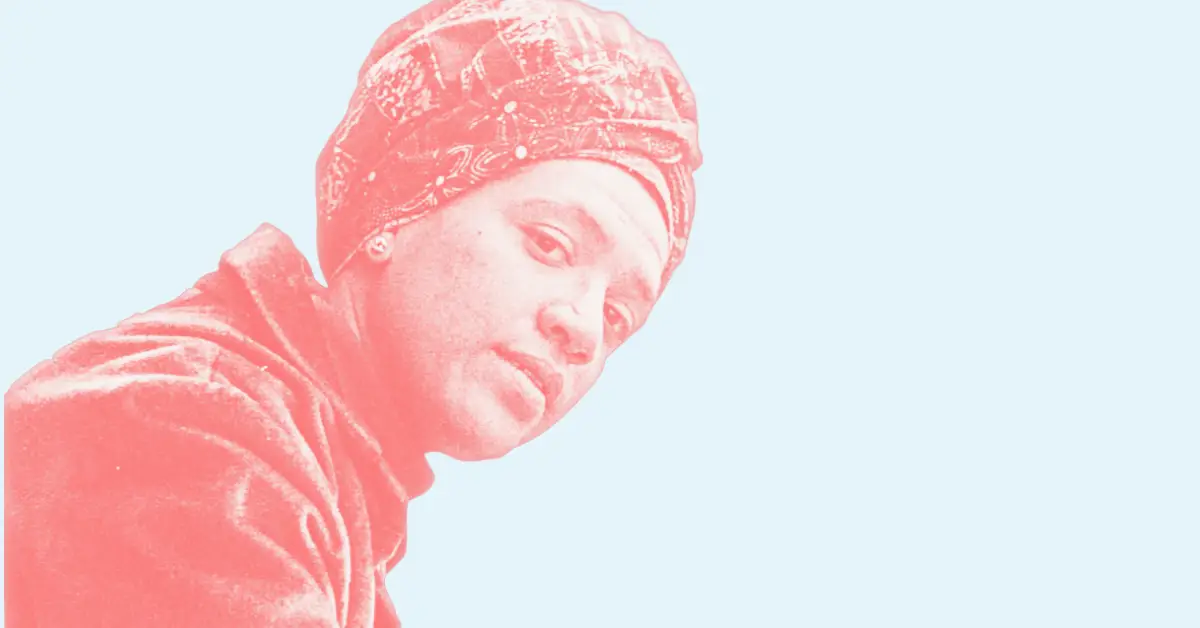
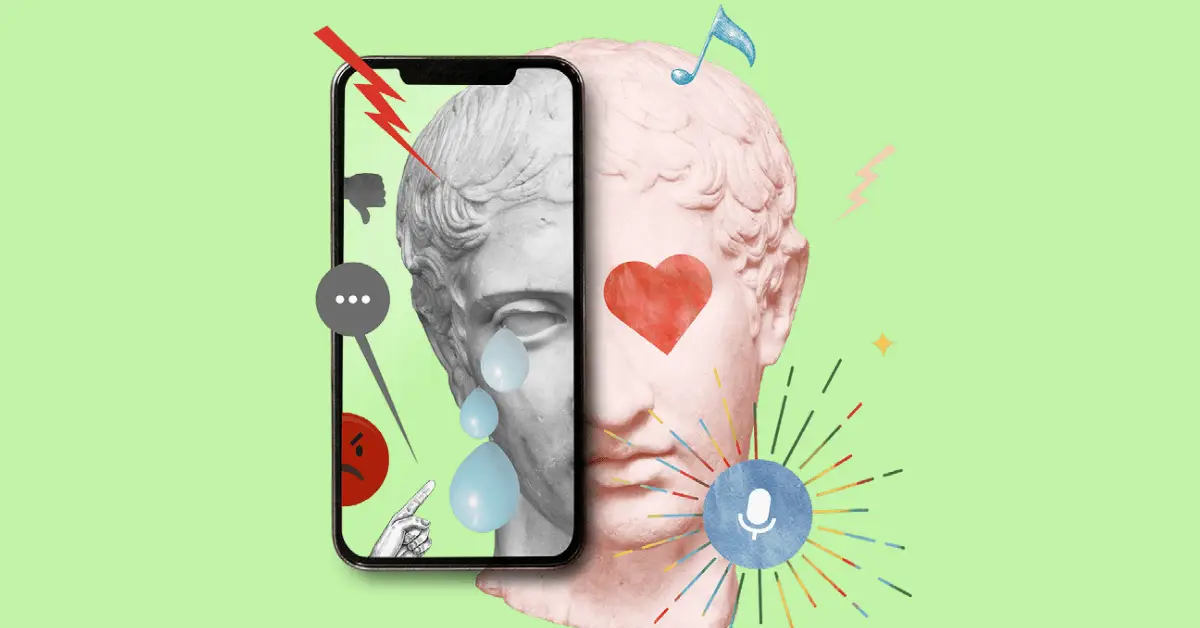
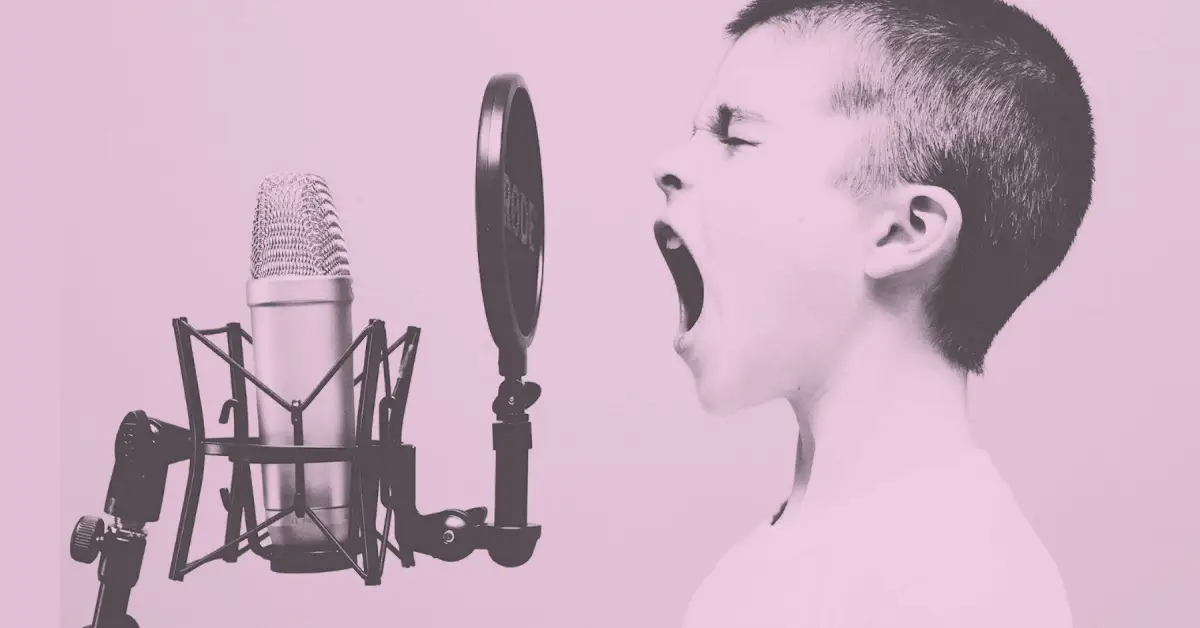


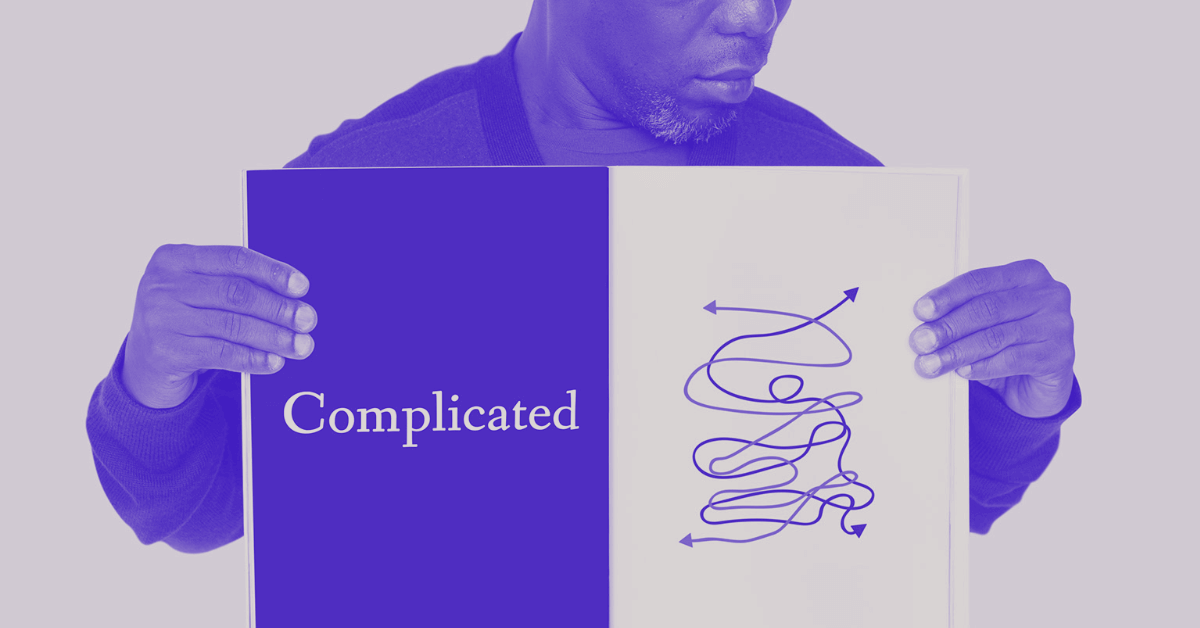



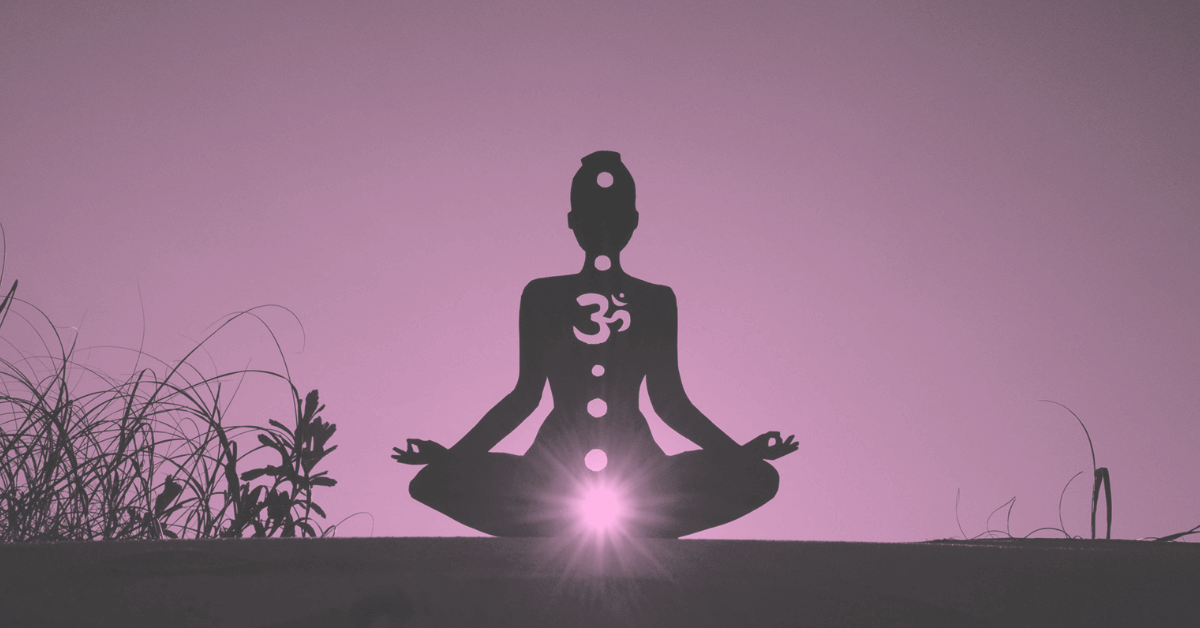
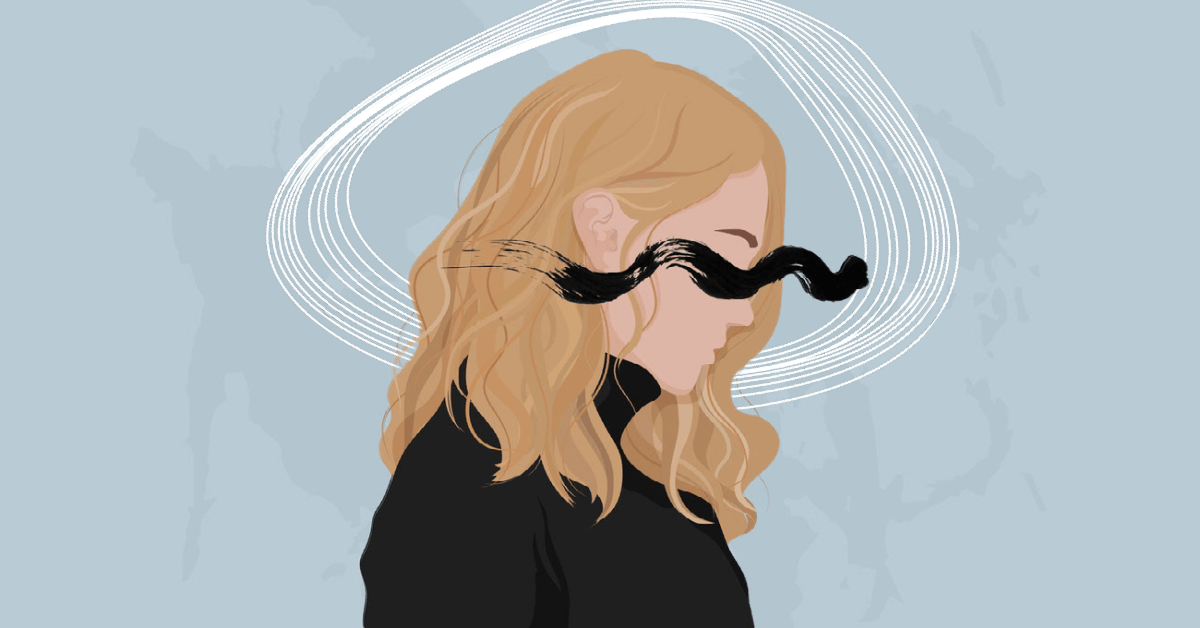





Comments